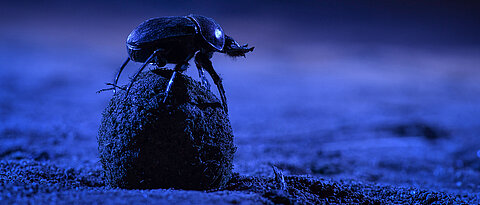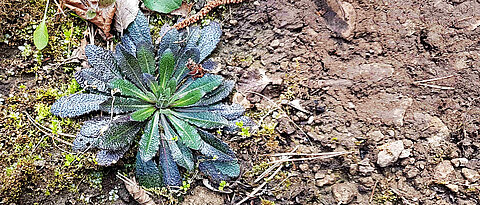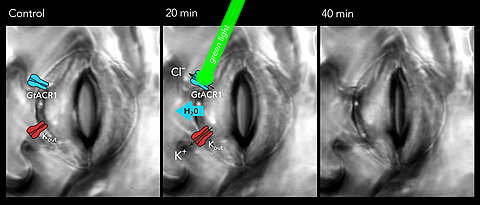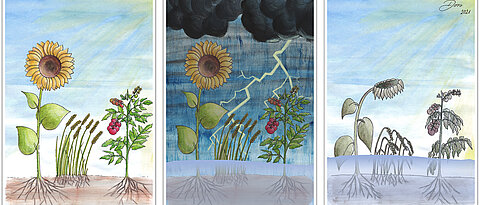Energy for undisturbed rest
07/29/2021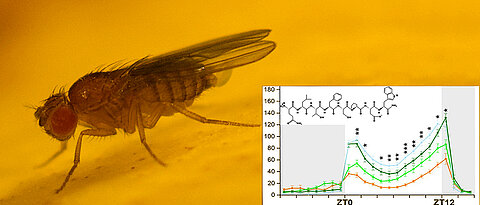
In the fruit fly Drosophila, a hormone helps to balance rest and activity. This is shown by a new study of a research team led by the University of Würzburg. Might humans have a hormone with comparable function?
more



